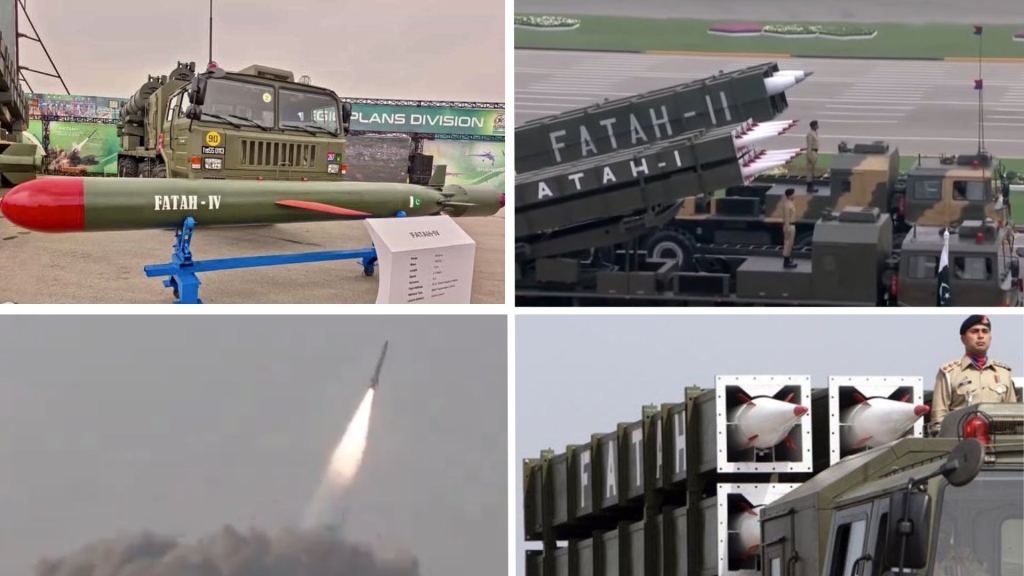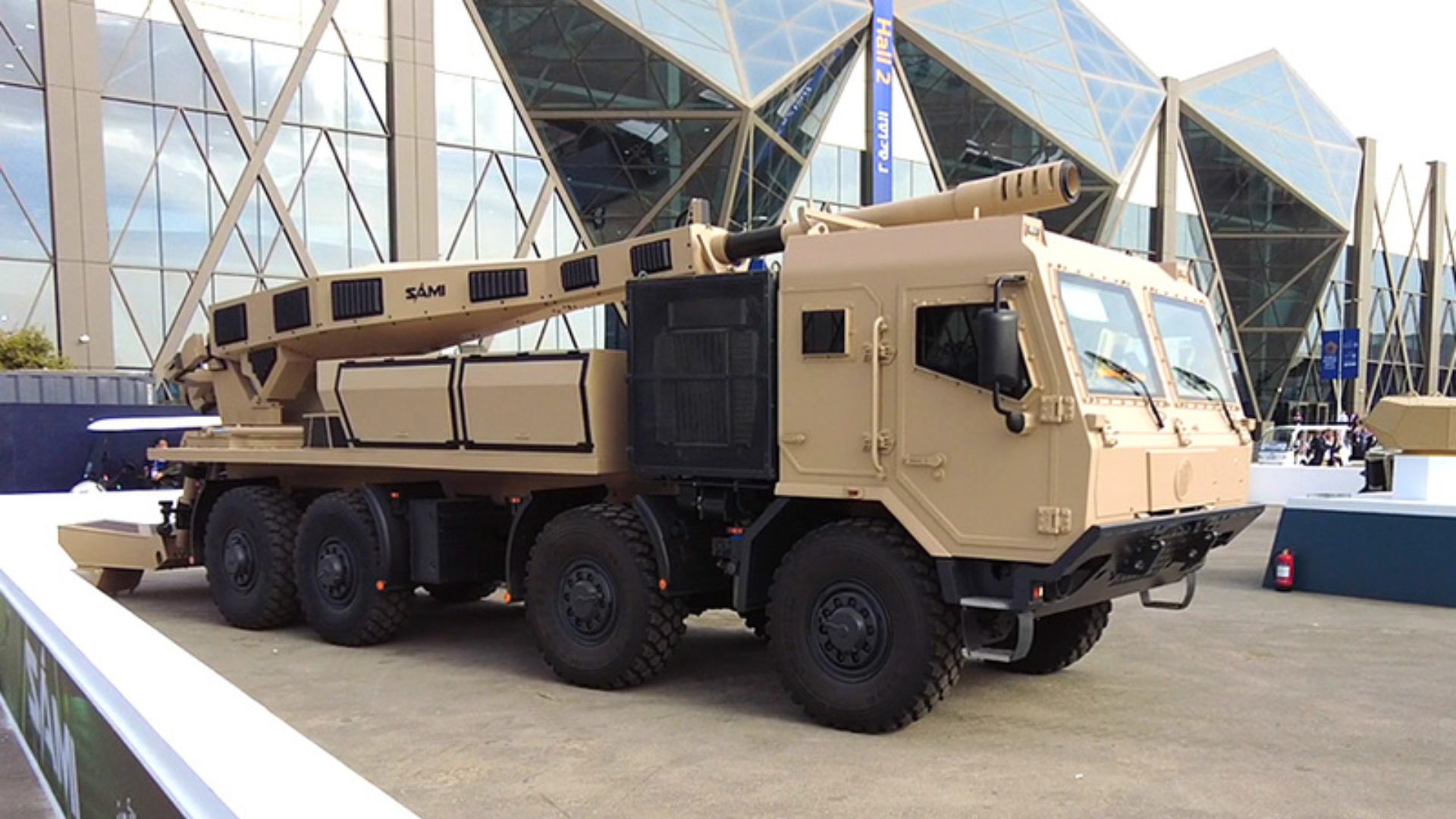Youtube
X-twitter
Linkedin
Spotify
Rss
On 13 August, the Prime Minister of Pakistan, Shahbaz Sharif, announced that the Pakistan Army (PA) has officially raised a ‘Rocket Force Command’ under its umbrella.
The formation of ‘Army Rocket Force Command’ (ARFC) cements the PA’s multi-year effort to build its independent stand-off range precision-strike capability as not just a doctrine, but an organized element with its own command structure, concept of operations (CONOPS), requirements, and objectives.
While the announcement of the ARFC follows the reveal of the Fatah-IV, a subsonic ground-launched cruise missile (GLCM) with a range of 750 km, the work to form it likely dates back to 2021, when the PA began testing the indigenous Fatah-I guided multiple launch rocket system (GMLRS).
The original intent of the Fatah-I GMLRS was likely to augment the PA’s existing artillery capabilities with a longer-ranged guided rocket, complementing the A-100 already in service at that point. However, following Ukraine and Russia’s respective successes in deploying organized rocket-centric tactics since 2022 and – perhaps more importantly – the Pakistan Air Force’s (PAF) gradual evolution to using its strike capabilities for broader strategic purposes, the PA likely saw the need to build its own precision-strike element.
Where dedicated precision-strike differs from using guided artillery under the artillery paradigm is that the ARFC will use its munitions to achieve bigger tactical goals and, in aggregate, a strategic outcome rather than narrowly supporting a specific land maneuver. So, for example, where guided artillery would be used to neutralize an entrenched enemy position, ARFC will aim to deprecate air defences, threaten airfields or air bases, and, overall, deplete India’s broader warfighting.
One might be tempted to draw a parallel between the PA ARFC and the Chinese People’s Liberation Army Rocket Force (PLARF). In some respects, the apparent similarities might be valid.
Get access to this article and all other Quwa content today.
Click Here
For example, one of the PLARF’s primary objectives is extending China’s anti-access and area-denial (A2/AD) reach farther to the First and Second Island Chains (i.e., where the U.S. and other adversaries would try to mobilize their assets at stand-off distance). For the PLARF, extending A2/AD reach to those distances could make it difficult for the U.S. to leverage its air and/or naval assets for long-range offensive engagements against China.
Don't Stop Here. Unlock the Rest of this Analysis Immediately
To read the rest of this deep dive -- including the honest assessments and comparative analyses that Quwa Plus members rely on -- you need access.




